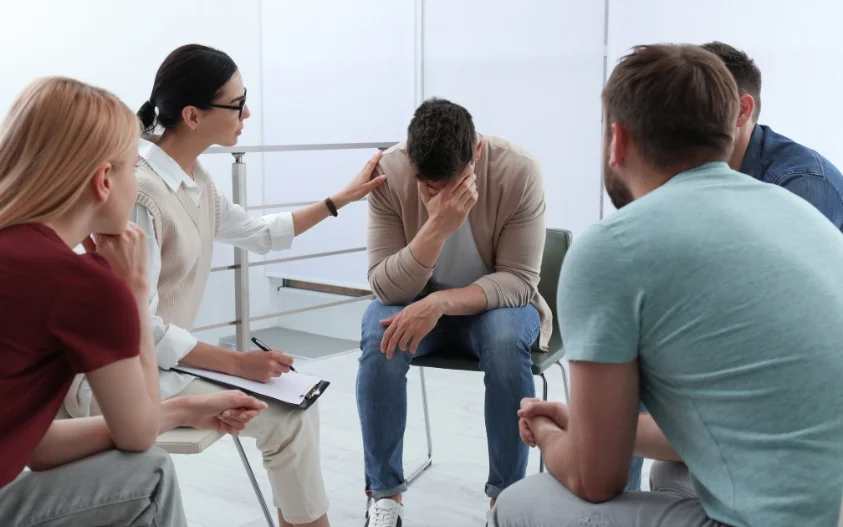24/7 Helpline:
(866) 899-221924/7 Helpline:
(866) 899-2219
Learn more about PTSD Treatment centers in Mico
PTSD Treatment in Other Cities

Other Insurance Options

Choice Care Network

United Health Care

Covered California

Horizon Healthcare Service

Oxford

Magellan

Lucent

CareSource

Ambetter

Humana

EmblemHealth

UMR

Access to Recovery (ATR) Voucher

Multiplan
Beacon

Premera

Optima

Health Partners

Cigna

Aetna










